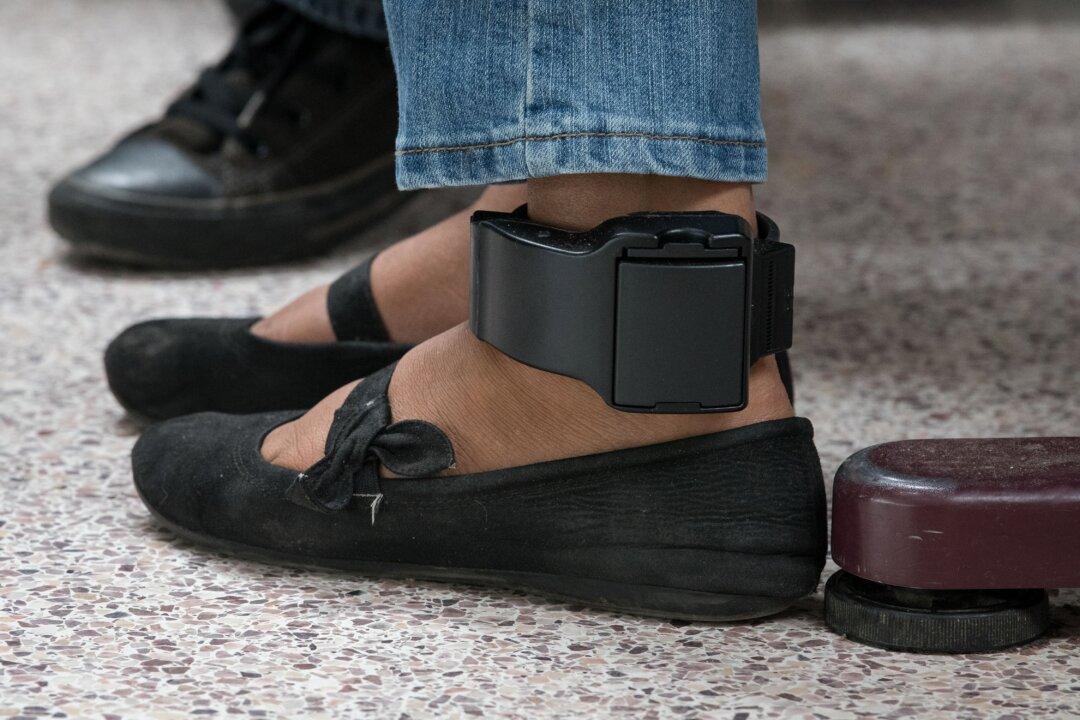Parents who don’t pay any child maintenance fees will be tagged and surveilled ahead of a jail sentence, under new planning powers at the Child Maintenance Service (CMS).
The curfew orders plans announced on Saturday would be another method of enforcement, alongside current powers which include passport and driving license confiscation and earnings deduction orders, to tackle parents who continually refuse to pay maintenance owed, the government said.





